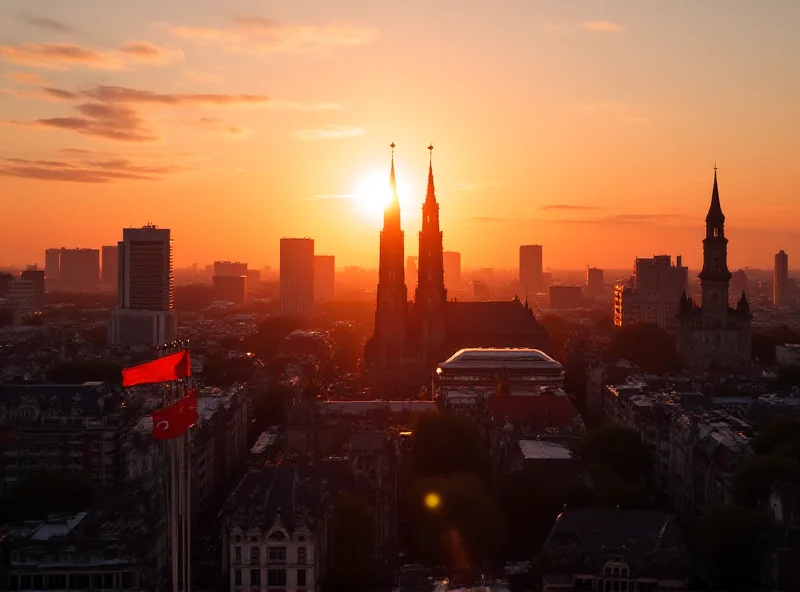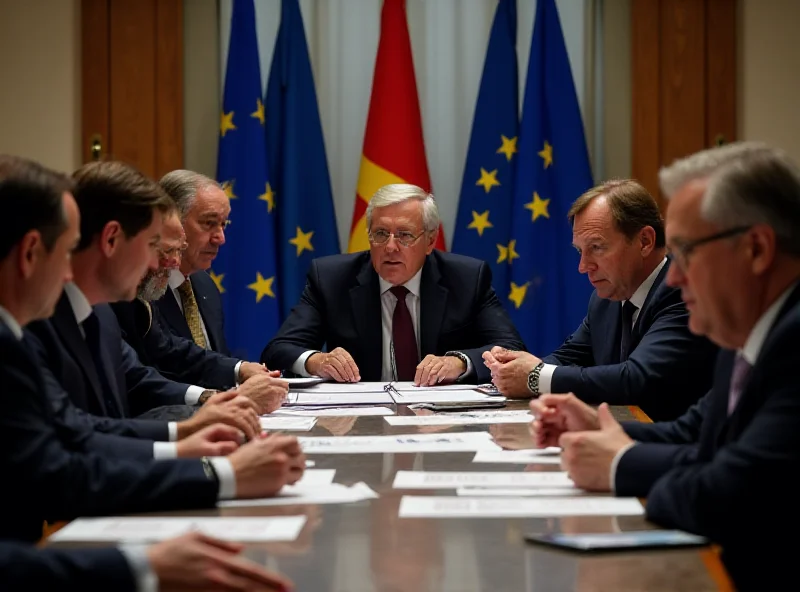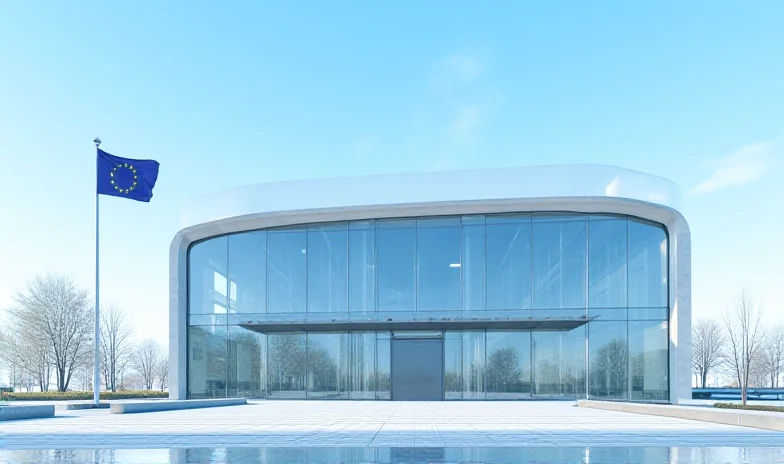Europe stands at a critical juncture, facing a complex web of security challenges and strategic decisions that will shape its future role on the global stage. From discussions of a new European defensive pillar to anxieties about the reliability of traditional alliances, the continent is grappling with fundamental questions about its own defense and security.
The prospect of a new defensive pillar in Europe is gaining traction, driven by a growing sense that the continent must take greater responsibility for its own security. "A new defensive pillar will be created in Europe and no one will wait on us," stated a recent report from Globsec, highlighting the urgency of the situation. This initiative reflects a desire for greater autonomy and a recognition that Europe can no longer solely rely on external actors for its defense.

The Shadow of Shifting Alliances
Adding to the complexity, the reliability of traditional alliances is being questioned. Former US President Trump's engagement with Russia and his hints about potentially abandoning European allies have sent shockwaves through NATO and raised serious concerns about the US commitment to European security. This uncertainty has fueled the debate about Europe's need to develop its own independent defense capabilities. Can Europe still count on the US coming to its defense? This question hangs heavy in the air, prompting a re-evaluation of Europe's strategic posture.
The internal dynamics within Europe also play a crucial role. The increasing tendency of European nations to retreat into their individual nation-states could undermine the formation of a unified and decisive response to global challenges. As one analysis put it, "The retreat of Europeans into their nation-states will not enable either a common or forceful response to a disruptive turn." This fragmentation could hinder Europe's ability to effectively address security threats and project its influence on the world stage.
Navigating a Multipolar World
Europe must also define its role in a world increasingly divided among the United States, Russia, and China. The continent faces a choice: either deny the evidence of these divisions or embrace the challenge of ensuring its own security. This requires a clear understanding of its strategic interests and a willingness to act decisively to protect them.

Even within individual political parties, there are evolving perspectives on defense and security. Van Aken, leader of Die Linke, has stated that his party supports Europe, rights, and Kiev, and advocates for an EU peace force to counter US imperialism. This reflects a growing recognition within various political factions of the need for a stronger and more independent European security policy.
Investing in European Industry
Strengthening Europe's defense capabilities also requires investment in its industrial base. Revitalizing Europe's industry, including through rearmament initiatives, is seen as essential for ensuring its long-term security and competitiveness. The debate continues on how best to stimulate this growth, ranging from utilizing existing infrastructure to fostering innovation in defense technologies.

Ultimately, Europe's ability to navigate this pivotal moment will depend on its capacity to forge a unified vision for its future security and defense. This requires addressing internal divisions, strengthening its industrial base, and defining its role in a rapidly changing world order. The stakes are high, and the decisions made in the coming years will determine Europe's place in the 21st century.
The issue of the nuclear umbrella remains a crucial and unresolved matter, adding another layer of complexity to the ongoing discussions about Europe's security architecture.
